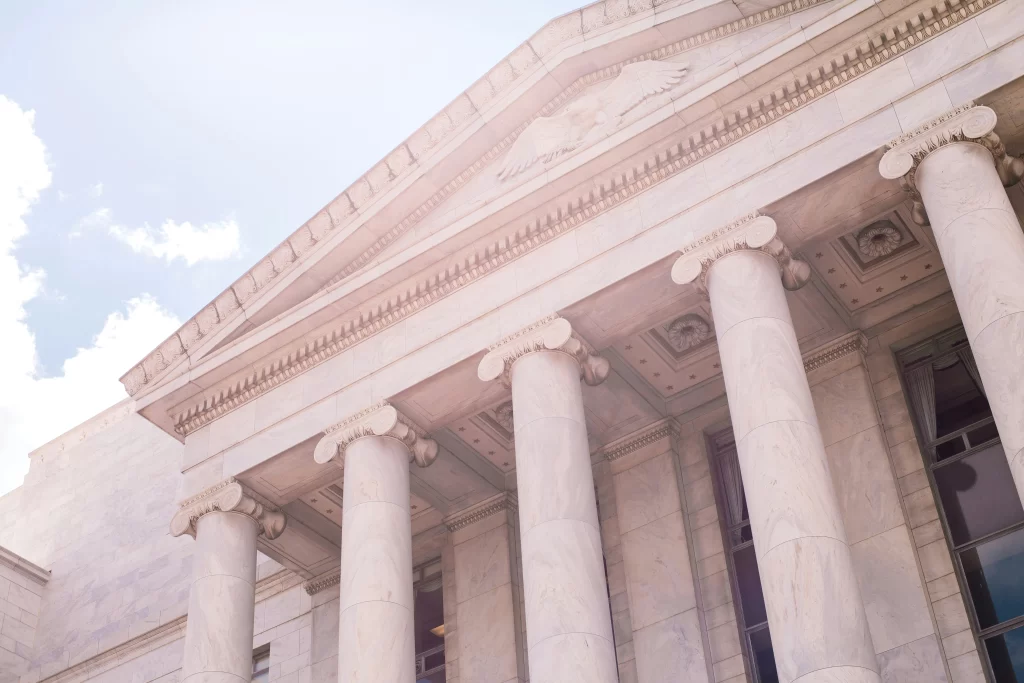In the intricate landscape of bankruptcy proceedings, the role of a Chapter 7 trustee holds significant importance. Tasked with overseeing the liquidation of assets, ensuring fair distribution to creditors, and maintaining the integrity of the bankruptcy process, Chapter 7 trustees play a pivotal role in the bankruptcy system.
Appointment and Qualifications:
Chapter 7 trustees are appointed by the United States Trustee, an office within the Department of Justice. To qualify, individuals must demonstrate a solid understanding of bankruptcy laws, ethical standards, and financial management. The selection process ensures that trustees possess the competence and integrity required for the fiduciary responsibilities entrusted to them.
Fiduciary Duties:
As fiduciaries, Chapter 7 trustees are held to the highest standards of honesty, loyalty, and diligence. Their primary duty is to maximize the value of the bankruptcy estate for the benefit of creditors. This involves a thorough investigation of the debtor’s assets, liquidation of non-exempt properties, and equitable distribution of proceeds among creditors.
Asset Investigation and Liquidation:
One of the trustee’s most important tasks is to conduct a comprehensive investigation into the debtor’s assets. This involves reviewing financial records, real estate holdings, personal property, and any potential legal claims. Non-exempt assets are then liquidated, with the proceeds used to satisfy the claims of creditors.
341 Meeting of Creditors:
Chapter 7 trustees preside over the meeting of creditors, a crucial aspect of the bankruptcy process. During this meeting, the trustee examines the debtor under oath, seeking clarity on financial matters and ensuring transparency in the bankruptcy proceedings. Creditors may also attend, providing them an opportunity to inquire about the debtor’s financial affairs.
Record-Keeping and Reporting:
Accurate record-keeping is paramount for Chapter 7 trustees. They are required to submit various reports, including the Notice of Chapter 7 Bankruptcy Case, to the court and interested parties. Timely and precise reporting is essential for transparency and accountability in the bankruptcy process.
Computer Systems and Security Measures:
In the modern era, trustees rely on computer systems for efficient case management. The use of secure hardware and software is mandated to protect sensitive electronic case information. Trustees must stay vigilant against potential threats such as viruses, internet intrusions, and power disruptions, implementing security measures to safeguard data.
Business Interruption Plan:
Recognizing the potential for interruptions in trustee operations, a well-defined business interruption plan is crucial. Trustees must identify vulnerabilities, establish safeguards, and devise contingency plans for various scenarios, including natural disasters or sudden personnel changes. Regular reviews and updates of the plan ensure its effectiveness.
Records Security and Retention:
The secure handling of records is fundamental to a trustee’s responsibilities. Guidelines dictate the safekeeping of valuable items in safes or locked cabinets. While trustees may maintain records in paper or electronic form, certain documents, such as bank statements and original promissory notes, must be preserved in paper format.
US Trustee Oversight:
The United States Trustee actively oversees the performance of Chapter 7 trustees. This includes periodic performance reviews, independent audits, and case administration reviews. The goal is to ensure trustees adhere to high standards, promptly address deficiencies, and continuously improve their case administration practices.
Compliance Measures and Remedial Actions:
In cases of deficient trustee performance, various remedial actions may be taken by the United States Trustee. These actions range from mandatory education and case closing schedules to objections to compensation and temporary suspension or termination from the panel. The severity of the action depends on the nature and gravity of the trustee’s shortcomings.
Conclusion:
A Chapter 7 trustee’s role in bankruptcy proceedings is multifaceted and demanding. By upholding fiduciary duties, navigating complex investigations, and adhering to stringent oversight, these trustees contribute to the fair and efficient administration of bankruptcy cases, safeguarding the interests of both debtors and creditors alike.


